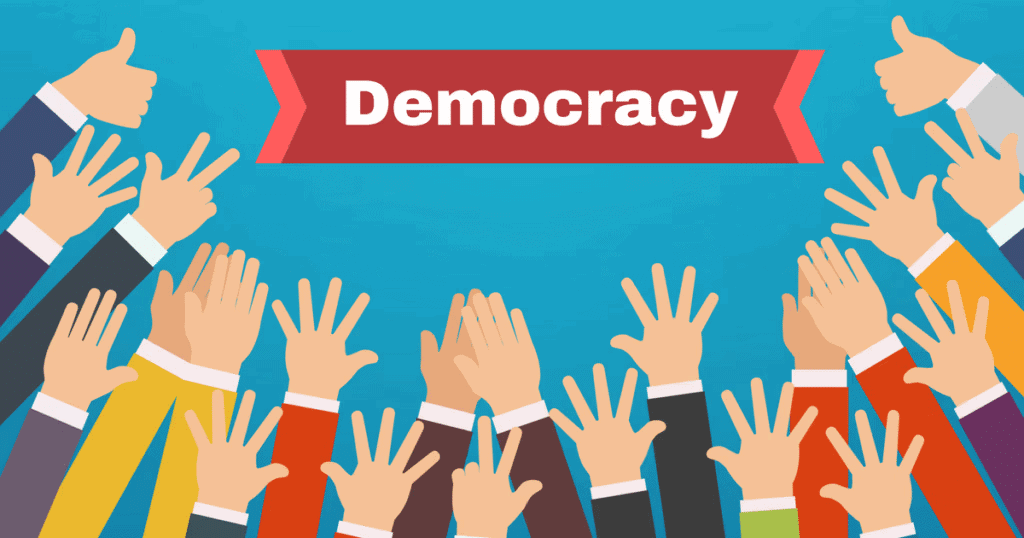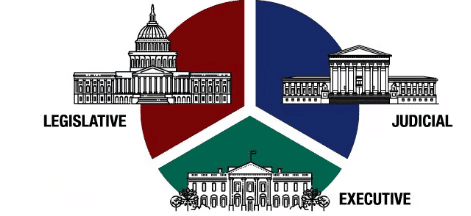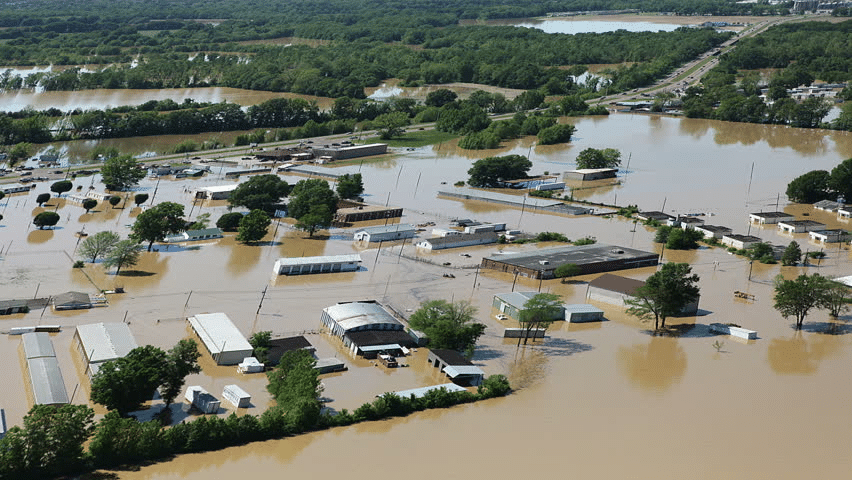Unit Test Solutions: Grassroots Democracy - Part 1 : Governance | Social Studies for Class 6 PDF Download
Attempt all questions. Time: 1 hour, M.M. 30
- Question numbers 1 to 5 carry 1 mark each.
- Question numbers 6 to 8 carry 2 marks each.
- Question numbers 9 to 11 carry 3 marks each.
- Question numbers 12 to 13 carry 5 marks each.
Q1. What does the word 'democracy' literally mean? (1 Mark) (a) Rule of the king
(a) Rule of the king
(b) Rule of the people
(c) Rule of the law
(d) Rule of the elite
Ans: (b) Rule of the people
'Democracy' comes from Greek words "dēmos" (people) and "kratos" (rule), meaning 'rule of the people.'
Q2. Fill in the blank: The organ of government that makes laws is called the _______. (1 Mark)
Ans: Legislature
The legislature is the organ responsible for making or legislating new laws.
Q3. True or False: The President of India is the actual executive head of the Central Government. (1 Mark)
Ans: False
The President is the nominal head, while the Prime Minister is the actual executive head of the Central Government.
Q4. Which of the following is a function of the State Government? (1 Mark)
(a) Defence
(b) Foreign Affairs
(c) Public Health
(d) Currency
Ans: (c) Public Health
Public health is listed as a responsibility of the State Government, unlike defence or currency, which are Central functions.
Q5. What is the motto of the Government of India? (1 Mark)
(a) Yato Dharmastato Jayah
(b) Satyameva Jayate
(c) Dharma Rakshati Rakshitah
(d) Effort Never Dies
Ans: (b) Satyameva Jayate
The Government of India’s motto is "Satyameva Jayate," meaning "Truth alone triumphs."
Q6. Explain why rules are necessary in a society. (2 Marks)
Ans: Rules are necessary in a society to maintain order and harmony among people living together. Without them, disagreements and disorder would disrupt daily life, making it impossible for society to function effectively.
Q7. What is the role of the judiciary in government? (2 Marks)
Ans: The judiciary, a system of courts, decides if laws are broken and determines appropriate actions, like punishment. It also checks if executive decisions or legislative laws are fair and just for all.
Q8. How does the executive function at the State level? (2 Marks)
Ans: At the State level, the executive, led by the Governor (nominal head) and Chief Minister (actual head), implements laws. It oversees areas like police, public health, and agriculture, ensuring state-specific governance.
Q9. Discuss the importance of the separation of powers in governance. (3 Marks)
Ans:
- The separation of powers divides government into legislature, executive, and judiciary to prevent any one group from controlling all functions.

- This system of checks and balances ensures each organ can monitor the others, restoring balance if one oversteps, like the judiciary reviewing laws.
- It promotes fairness and protects society from disorder or misuse of power.
Q10. Explain how the three levels of government respond to a flood situation. (3 Marks)

Ans:
- In a flood, local government handles minor issues within a district, like immediate relief.
- State government steps in for larger floods across towns and villages, sending rescue teams.
- For massive floods affecting vast areas, the Central Government provides additional support, like army assistance and supplies, showing coordinated action across tiers.
Q11. How does direct democracy differ from representative democracy in practice? (3 Marks)
Ans:
- Direct democracy involves all people voting directly on decisions, like a class choosing a picnic spot by raising hands.
- Representative democracy elects representatives, like MLAs or MPs, to make decisions in assemblies, as it’s impractical for everyone to rule.
- India uses representative democracy, enabling governance for millions through elected voices.
Q12. Analyze the roles of the three organs of government using the example of cybercrime. (5 Marks)
Ans:
- In tackling cybercrime, the three organs of government work together distinctly.
- The legislature, an assembly of representatives, creates new laws to combat digital theft, updating rules as technology evolves.
- The executive, including the cyber police under the head of state or ministers, enforces these laws by investigating and arresting cybercriminals.
- The judiciary, through courts, decides if these criminals broke the law, convicting them with fines or jail time, and ensures laws are fair.
- This separation ensures each organ checks the others—legislature sets rules, executive acts, judiciary judges—maintaining balance and protecting society from digital crime’s rise.
Q13. Discuss why democracy is important and how it functions in India. (5 Marks)
Ans:
- Democracy is important because it gives people power to choose their rulers, ensuring governance respects their identity and dignity, as seen in electing representatives.
- In India, it functions as a representative democracy, the world’s largest with 970 million voters in 2024, where citizens over 18 elect MLAs for State Assemblies and MPs for Parliament.
- These representatives debate laws and solutions in assemblies, like the Lok Sabha, reflecting diverse opinions.
- Unlike direct democracy, where all vote on every issue, this system makes large-scale governance practical.
- It fosters justice and equality by allowing citizens’ voices to shape laws, aligning with the idea that protecting dharma ensures societal protection.
|
46 videos|231 docs|28 tests
|
FAQs on Unit Test Solutions: Grassroots Democracy - Part 1 : Governance - Social Studies for Class 6
| 1. What is grassroots democracy? |  |
| 2. How does grassroots democracy impact local governance? |  |
| 3. What are the key features of grassroots democracy? |  |
| 4. Why is grassroots democracy important for a healthy democracy? |  |
| 5. What challenges does grassroots democracy face? |  |

















